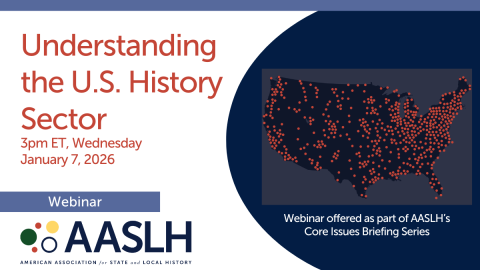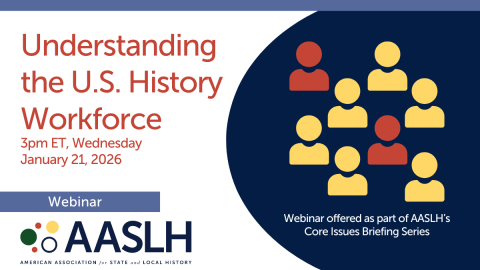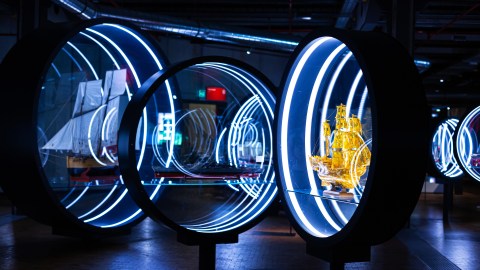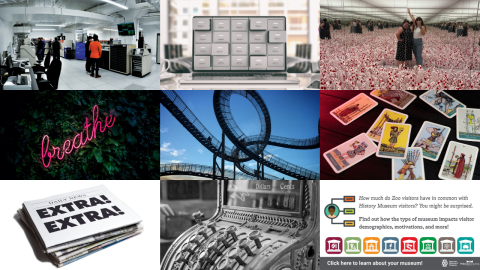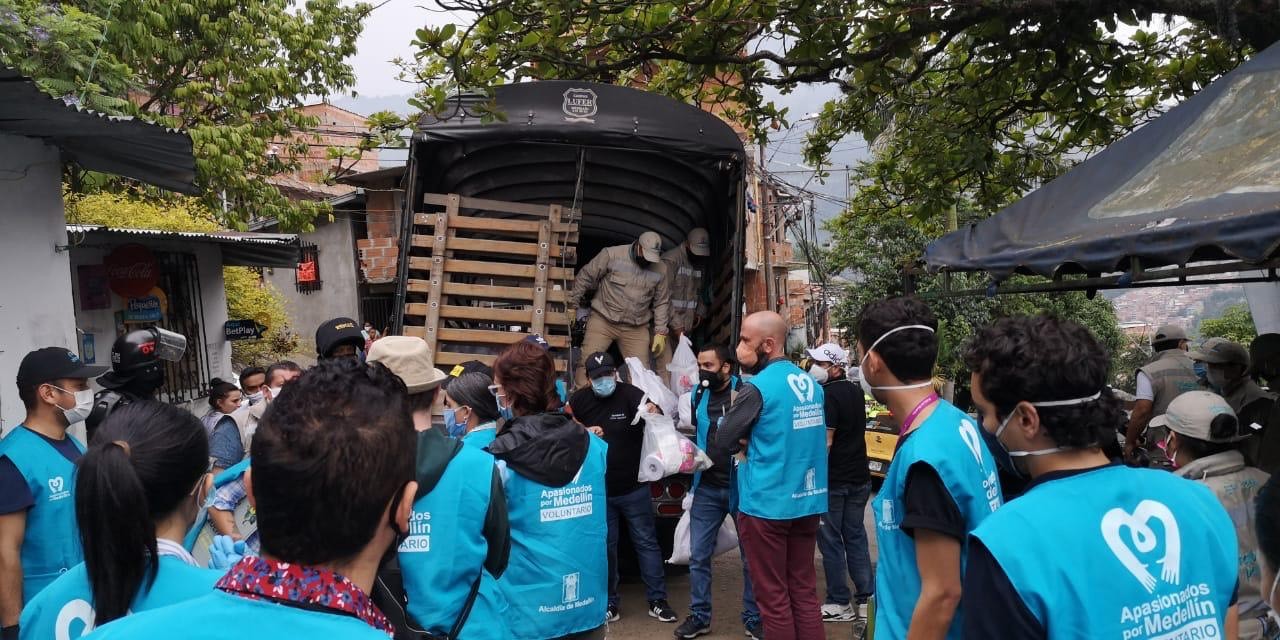
The global crisis caused by the arrival of COVID-19 has not only forced us to rethink our daily lives and the way we work, but also the systems under which our societies have functioned. Moreover, the pandemic has exposed the shocking impoverishment that has existed, for far too long, in all sectors of our society: medical, political, financial, industrial, logistical, and cultural. Under this new reality, those who were already vulnerable now must fight to simply stay alive. Human rights defenders working with vulnerable communities have pointed out how groups such as the elderly, asylum seekers, refugees, members from the LGBTQ+ community, undocumented workers, people experiencing homelessness, and those living in poverty have been disproportionately affected by COVID-19.
For the culture sector, and more specifically museums, the lockdowns required to contain the spread of the pandemic have been devastating. The American Alliance of Museums estimates that a third of American museums could permanently close this year. These extraordinary circumstances require museums to rethink their roles as agents of social change in society, both broadly and specifically within the communities they serve. The arrival of COVID-19 is more than a calamity that must be surmounted to resume the same type of work that museums were doing before the crisis. It also represents a historic opportunity to reinvent museum operations, programs, and activities to serve communities more effectively.
How, then, can museums be more relevant and impactful in this uncertain future? We must start by addressing the pressing needs of our present. In Colombia, where our museum is located, this means addressing the state of emergency our country has been in for decades prior to COVID-19—one involving political violence, civil unrest, economic inequality, social disenfranchisement, and organized crime. Factors fueling the crisis have included assassinations of social leaders and ex-combatants, massive forced displacement, and a dramatic rise in enforced disappearances.
Even under quarantine, armed actors have adapted their ways of operating to continue their illegal activities. Lockdowns have also made visible other direct, structural, and cultural forms of violence, such as violence against women and intrafamilial violence. As well, they have aggravated the precariousness and economic uncertainty faced by much of the population, and human rights violations against marginalized people. Under these circumstances, peace agreements continue to be a priority, even in the face of other emerging challenges arising from the pandemic.
Faced with this scenario, some museums and other cultural organizations have adapted so that they can continue to fulfill the peacebuilding objectives embedded in their missions. Along these lines, the mayor’s office of Medellín assigned the Museo Casa de la Memoria, together with the city’s Culture Secretariat, to lead the COVID-19 strategy in the community of Villa Hermosa. Villa Hermosa is a neighborhood comprised of different ethnic groups, victims of conflict, workers from the informal economy, Venezuelan migrants, and displaced communities.
Since its establishment in 2006, the Museo Casa de la Memoria has conducted community work and built a relationship of trust with these communities, which influenced the city’s decision to include the museum in its COVID-19 strategy. Through cooperation between the municipal government and the museum, the Museo Casa de la Memoria’s team has assisted more than one thousand families in its community, with activity focused in four areas:
- Communication: Following the security measures and guidelines established by the mayor’s office, museum team members are on the ground, listening to and evaluating the needs of community members and communicating this information to the administration. In this way, the museum is acting as an information bridge between the community and the municipal government.
- Shelter: Museum team members are referring people without homes to temporary shelters built by the city to improve conditions for self-isolation and social distancing.
- Health: Museum team members are being trained by health professionals from hospitals in the city of Medellín on issues of prevention, reduction, and treatment of the COVID-19 infection. The museum staff then transfers this knowledge to people in the community who do not have access to it.
- Food: Museum team members are also distributing food to those unable to work due to quarantine.
The museum’s history of collaborative work with community leaders has been essential to its success in implementing the mandate assigned by the mayor’s office. For instance, the pre-existing relationship of trust between the museum and community leaders has enabled quick identification of families that need to be prioritized for prompt assistance from the team.
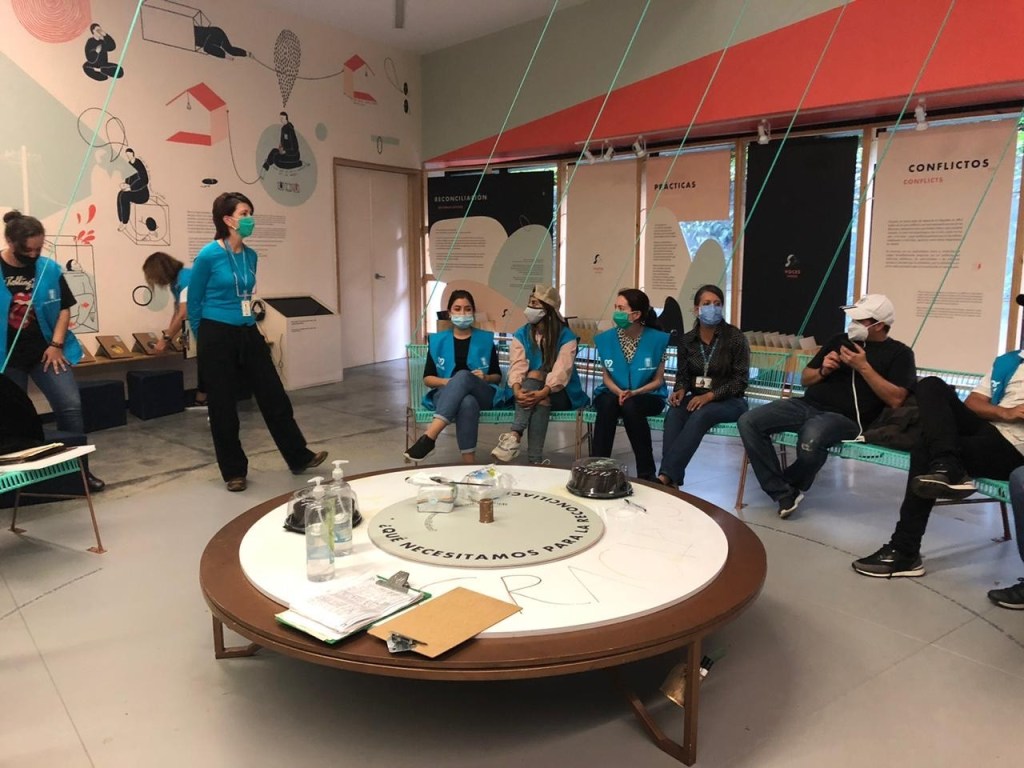
Simultaneously, the museum continues to work with the community to preserve long-term community projects related to memory and peacebuilding, including:
- The Gathering of Memory Weavers project, in which women weave their memories at home during quarantine and eventually contribute this work to a collective art piece at the end of lockdown
- Offering support for the development of the Casa Amiga Memory Museum project, a community museum of collective memories started by community organizations and women leaders in the community
- Support in the development and management of strategic allies for the project “Conquering borders,” a community initiative aiming to create a memory boulevard through participatory approaches in the community
The museum’s work in the region has provided an opportunity to learn about people’s experiences during quarantine and its responsibility to preserve ethically and responsibly the memories and stories of those most affected by the pandemic. It also reflects that community building requires a long-term commitment, as well as honoring and fostering existing and new relationships that will emerge during this crisis.
About the authors:
Isabel Dapena is the Head Curator at the Museo Casa de la Memoria.
Armando Perla is an International Advisor on Museums, Human Rights, and Social Inclusion for the city of Medellín.
